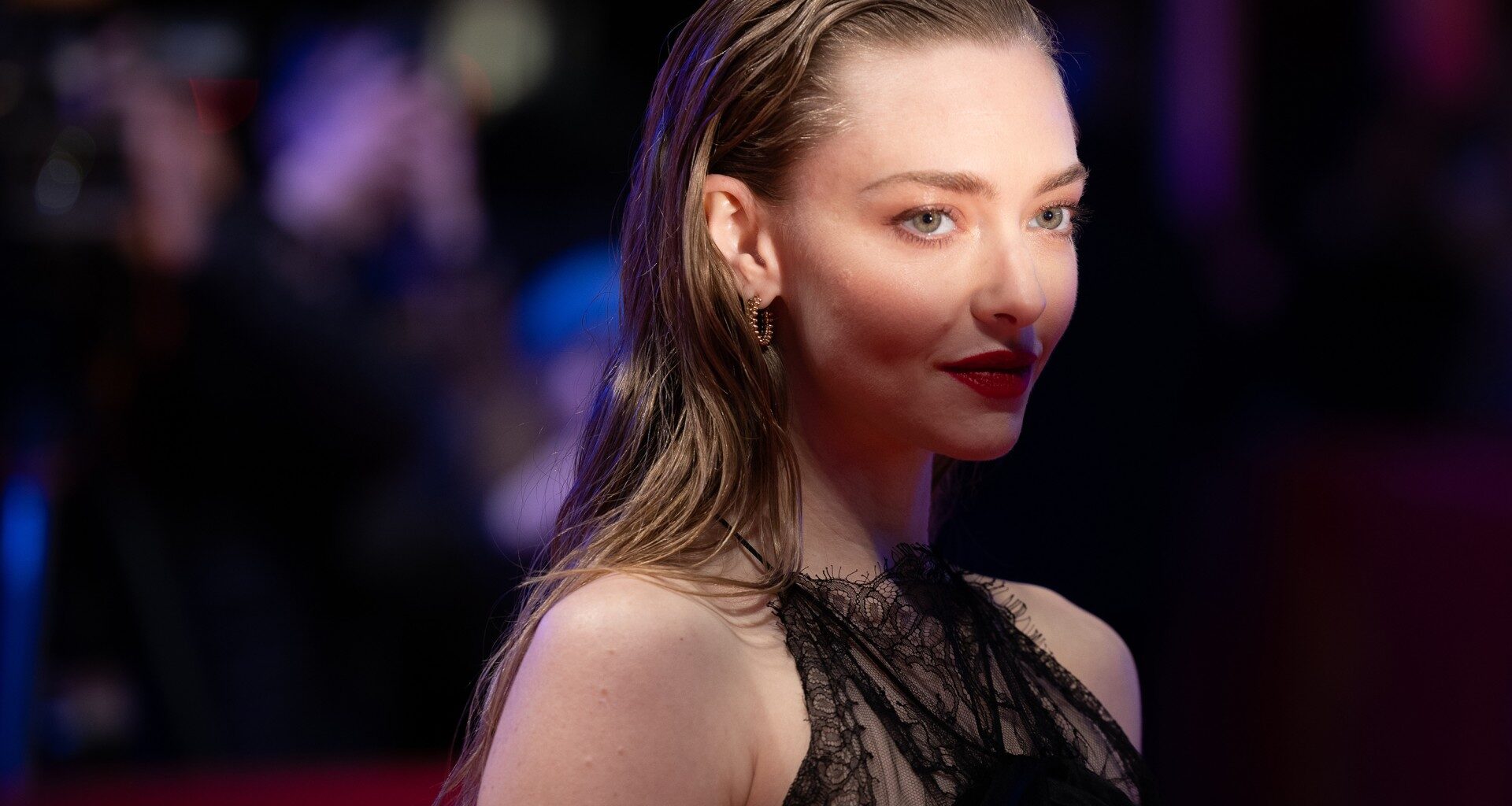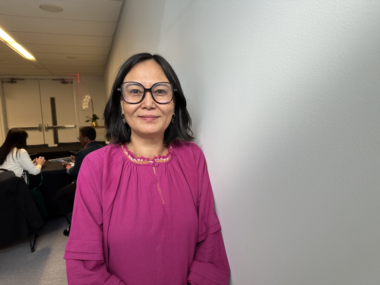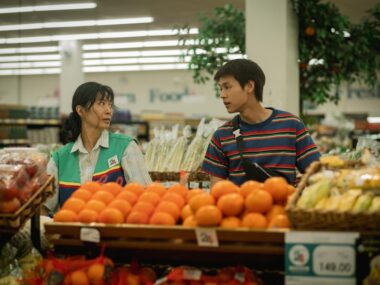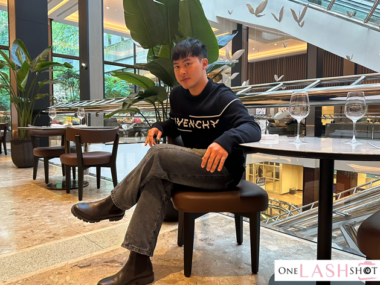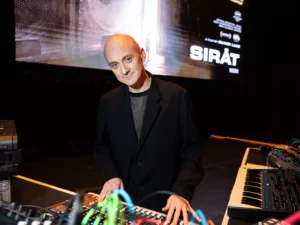From daytime dramas to Hollywood’s brightest stages, Amanda Seyfried has carved a legacy that’s impossible to ignore. With a career that’s spanned more than two decades, she’s amassed an impressive collection of accolades, including a Primetime Emmy, a Golden Globe, and an Academy Award nomination. In 2022, Time hailed her as one of the world’s 100 most influential people. Now, One Lash Shot had the incredible opportunity to talk to Amanda Seyfried on her latest role in Seven Veils. Keep reading to check out our conversation with Amanda!
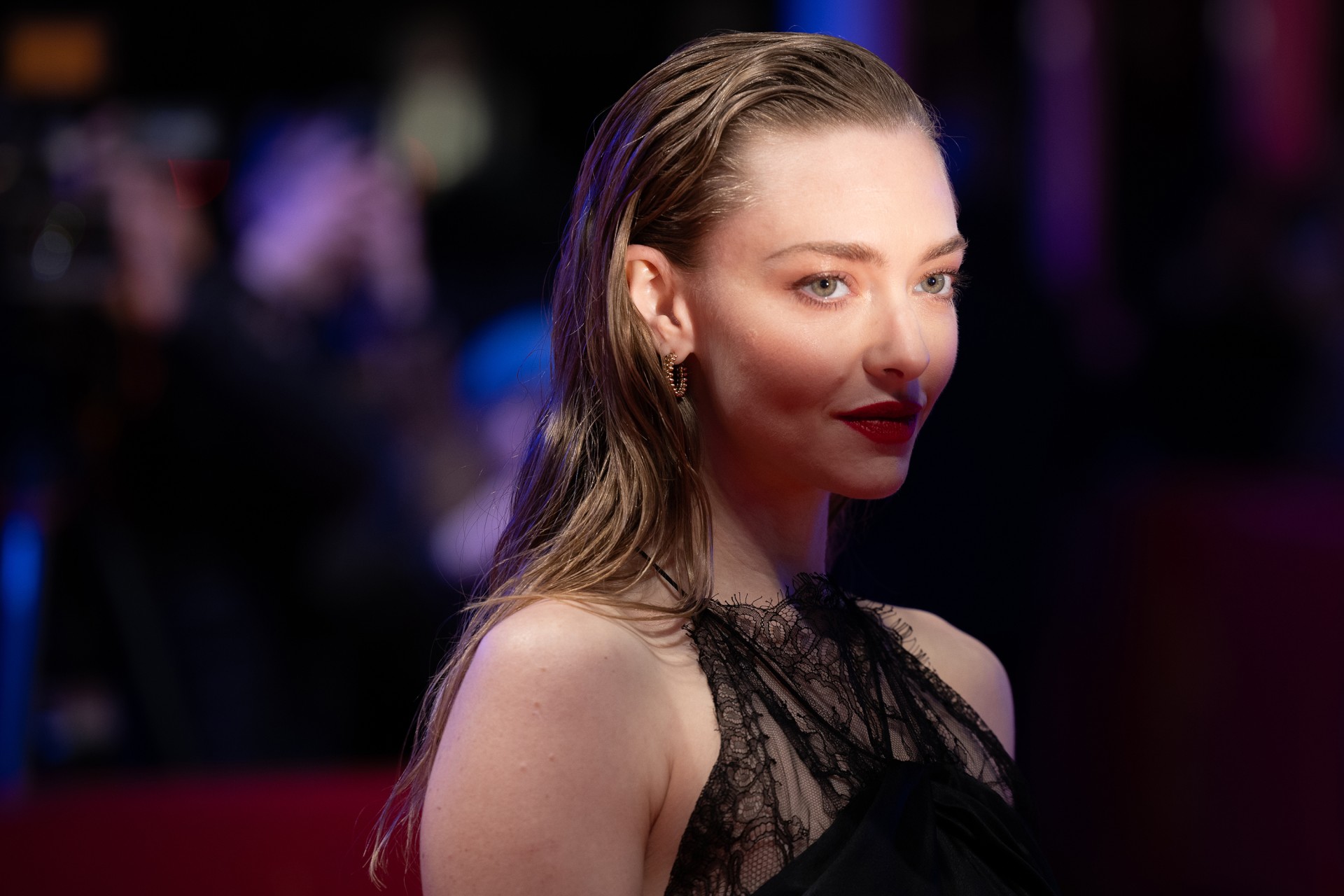
Seyfried’s journey began at just 15, when she took on the role of Lucy Montgomery in As the World Turns (1999–2001). But it was her breakout as the sweet, airheaded Karen Smith in Mean Girls (2004) that catapulted her into stardom. She further solidified her place in pop culture with the beloved musical Mamma Mia! (2008) and its sequel, Mamma Mia! Here We Go Again (2018), sharing the screen with Meryl Streep.
Her filmography showcases incredible range, from Jennifer’s Body (2009) and Les Misérables (2012) to thought-provoking roles in First Reformed (2017) and You Should Have Left (2020). Her portrayal of Marion Davies in Mank (2020) earned her widespread praise and multiple nominations, including for an Academy Award and Golden Globe. More recently, her gripping performance as Elizabeth Holmes in The Dropout (2022) earned her a Golden Globe and an Emmy for Outstanding Lead Actress.
In 2023, she collaborated once again with Canadian director Atom Egoyan in the opera-inspired film Seven Veils, marking a highly-anticipated reunion since working together in Chloe, back in 2009. Seven Veils is a psychological drama, exploring the intense, emotional journey of a woman grappling with her past and the challenges of reclaiming control over her life. The plot revolves around Jeanine (Amanda Seyfried), an obscure opera director who steps into the shoes of her late mentor and former partner, Charles, to direct the opera Salomé at the Canadian Opera Company production. As she immerses herself in the role of the legendary biblical character, she confronts the traumatic and personal demons of her own life, unlocking hidden truths about herself and her relationships.
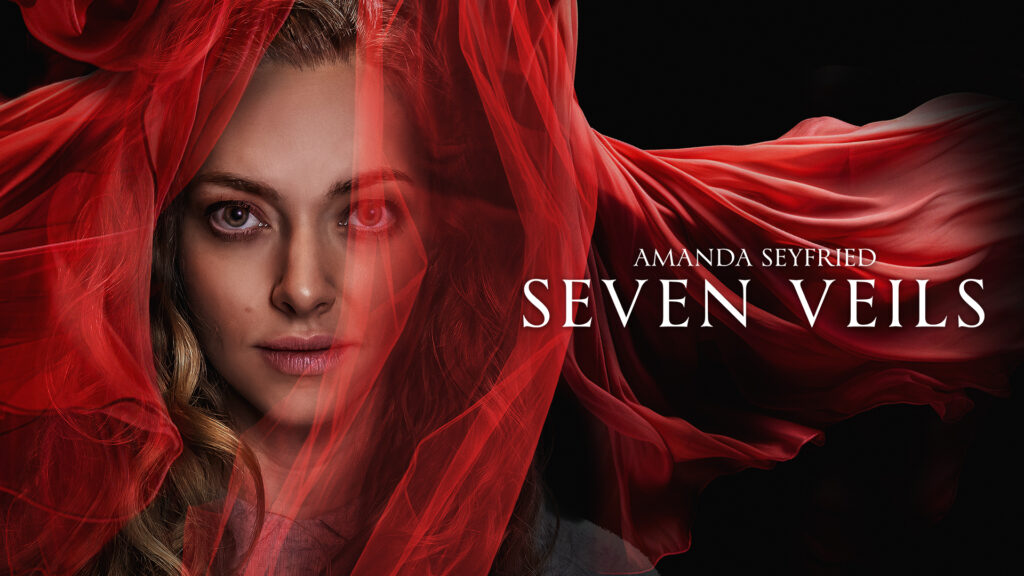
The narrative intertwines the parallel dynamics of the opera’s storyline with Seyfried’s character’s own struggles, blending the themes of power, desire, and manipulation from both the world of Salomé and the real world. As the production unfolds, the character must navigate the thin line between art and reality, questioning her sense of identity and the boundaries of her past.
While commenting on the collaboration with Atom and how she ended up accepting the role of Jeanine, she told One Lash Shot, “Well, I love the complexity of her. I think as I get older, I’m getting better roles offered to me because I am in an age where more life has happened. But I think with this script, I probably said yes before I read the script. I’ve never played somebody with so much of an opinion on things. Knowing a lot of directors but never having played a director is interesting to me– that’s fun.”
Reflecting on the intricate layers of her character as the opera director Jeanine, Seyfried shared, “I knew it wasn’t going to be boring. It was ripe with tension everywhere. She’s going through marital issues with her husband. Their relationship is fascinating. I always want to see how that plays out because I can’t imagine it really works long-term. But maybe it does, you know? They have a kid but she’s not home. I can relate to a lot of working away and being a parent and wanting to be there but being incapable of being fully present because you’ve got all this stuff to work out. You’re just inundated with work and people needing you and people tearing you apart. It’s realistic but it’s also high tension and enhanced for the film. It’s just like everything is happening all at once and that’s interesting to me.”
Discussing the lengths her character, Jeanine, goes to in pursuit of her obsession, the opera production—much like Salomé chasing her own desires—Seyfried reflected on the darker aspects of the role, saying, “I know, it is, it is, but it’s also like she knew what she wanted. Which was some kind of closure, some kind of peace. And I think she got a little lost trying to find it. She went a little nuts trying to find it, and so did Salomé. I mean, Salome, that’s the extreme, right? But I think the parallels between Salomé and what she’s doing– directing Salomé, everybody kind of fulfilling this part for her– this role, you’re not going to find scripts like this, unless Atom’s writing them. There really are not a lot of people who can really fit all these pieces into one script. It’s still confusing to me, you know? If I’d reread the script right now, I’d still be confused. But for whatever reason, you know, it kind of makes sense. And she’s, you know, kissing a severed head, like Salomé. It’s just… It’s perfect.”
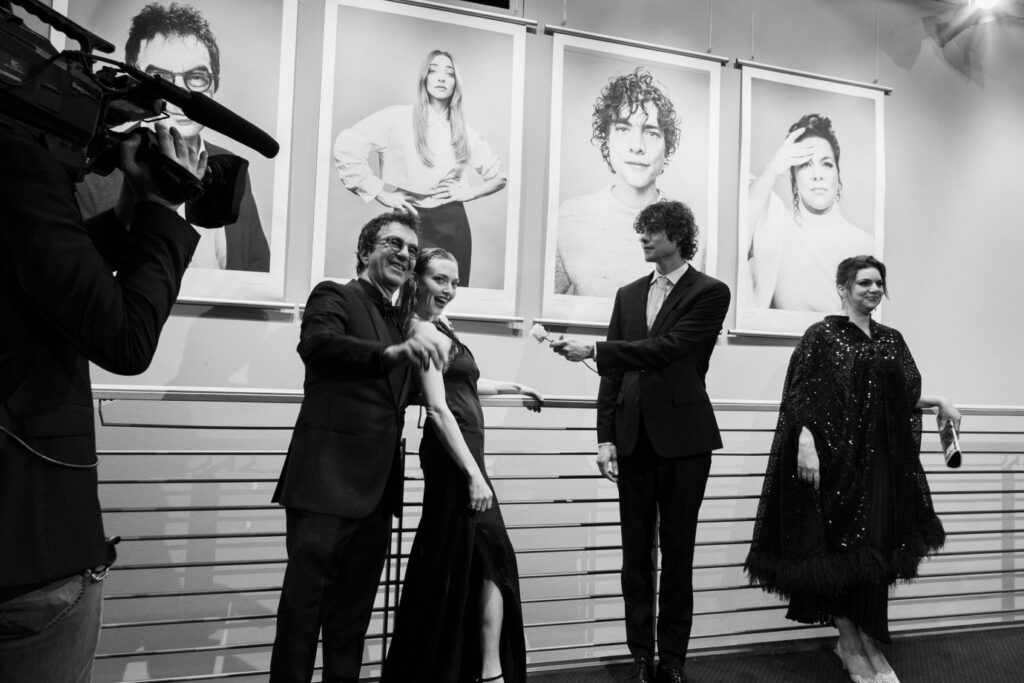
Catch Seven Veils in the theatres starting March 7, 2025!
[Author’s Note: I am truly fascinated by your work and how you manage to pick scripts that are filled with psychological nuances and incomprehensible character dissections. Can’t wait to watch the Testament of Ann Lee!]
